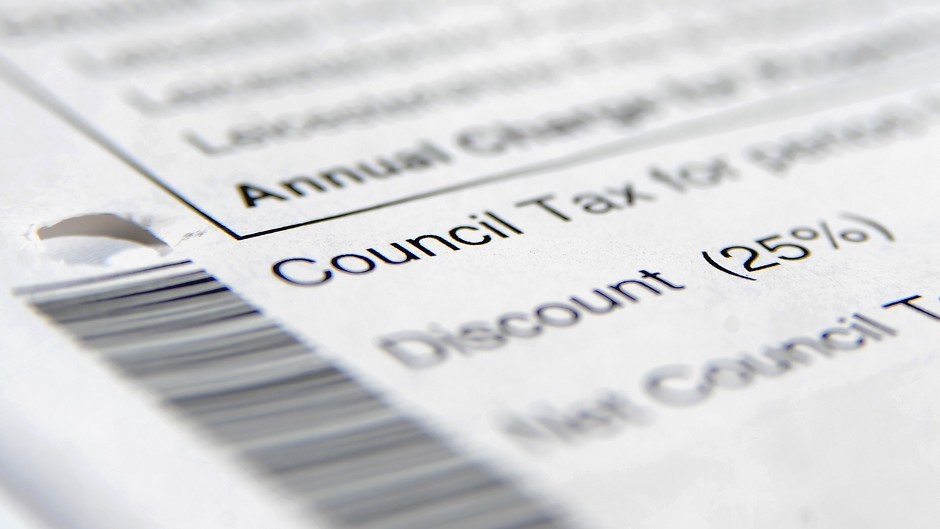Two-thirds of Scots have backed the introduction of a local income tax – a move which would mean bigger bills for high earners in the north-east.
A survey for the Commission on Local Tax Reform revealed that the majority of people want the current council tax – which is based on property values – scrapped.
Instead, 62% of people argued in favour of a local income tax.
The SNP shelved its long-held commitment to a local income tax in 2007, opting instead for a council tax freeze.
The cross-party Commission on Local Tax Reform has since been established to try to improve funding for local authorities.
Its delayed report on the issue is now expected to be released in the coming weeks.
First Minister Nicola Sturgeon recently touted the possibility of introducing new council tax bands to get wealthy homeowners to pay more.
Marco Biagi, who is minister for local government and community empowerment and co-chairman of the commission, said: “The views of the public have been at the heart of our work as a commission and the findings of the online survey are a welcome addition to the wealth of evidence from home and abroad that we have considered over the course of our deliberations.
“There is clear consensus from those that we have heard from that the current system of council tax, while highly visible, is in urgent need of reform.”
Opinion was mixed among the 4,500 respondents on what an alternative system should look like, with 62% of respondents “broadly agreeing” that the amount of local tax you pay should be based on income.
A hybrid tax – based on a mix of property and land value, wealth and income – and a review of the existing council tax banding system, were among the other options highlighted.
The survey also found that younger people, aged 16-34, low income households and single people were more likely to have negative views on council tax than those on higher incomes.
